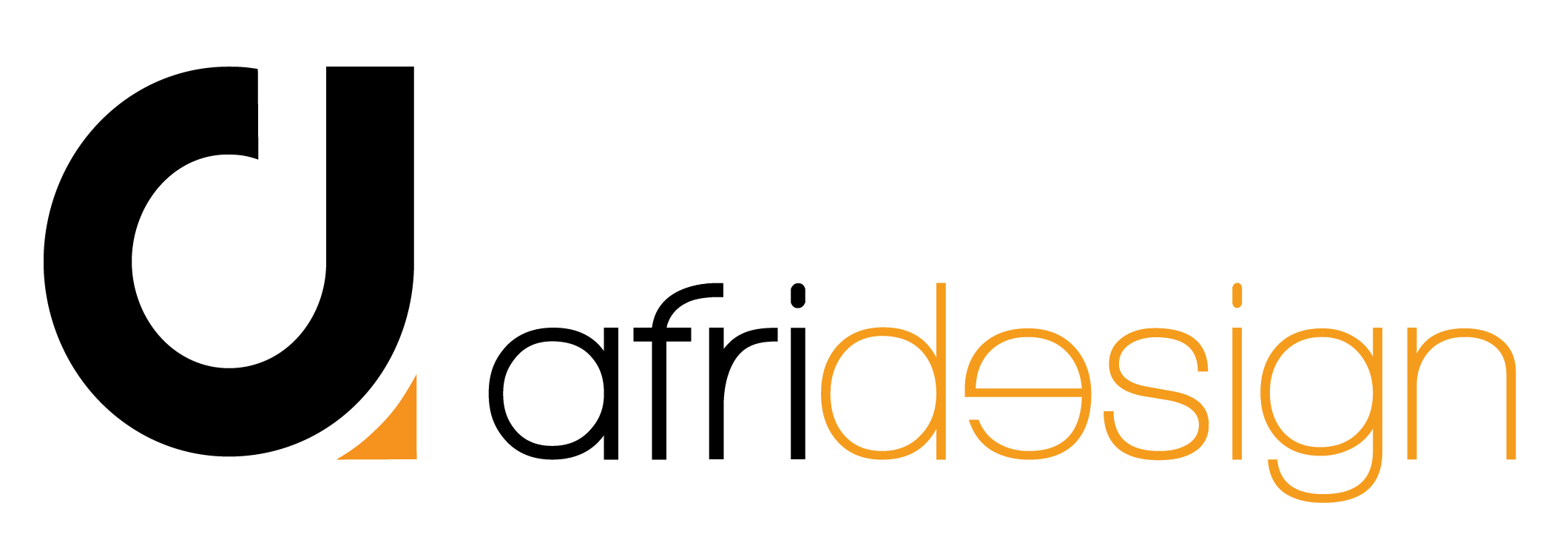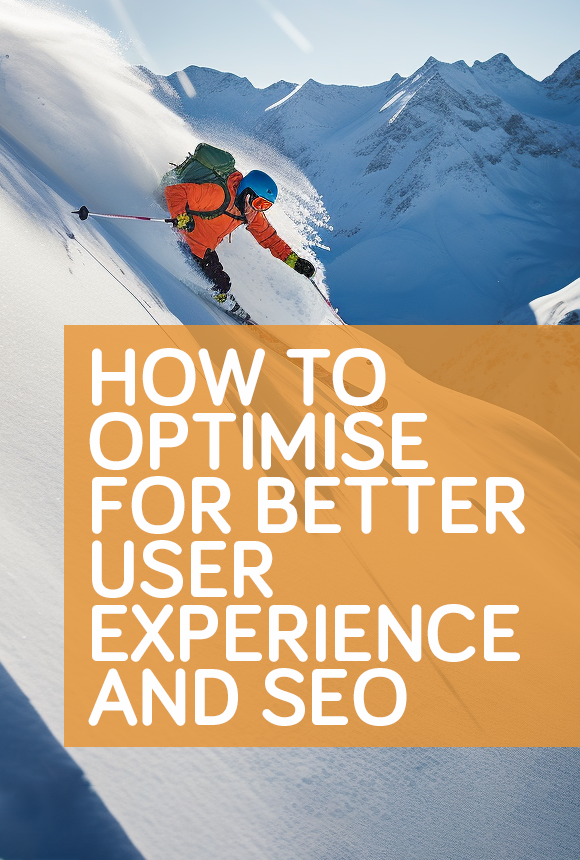Why Website Speed Matters
SEO
Website speed is also a critical factor in search engine optimisation (SEO). Google has publicly stated that page speed is a ranking factor in its algorithm. A slow website can negatively impact your search engine rankings, making it more difficult for potential customers to find your site.
Conversion Rate
Website speed can also impact your conversion rate. A fast website can lead to more conversions, while a slow website can lead to fewer conversions. If your website takes too long to load, users may decide to leave before completing a purchase or filling out a contact form.
How to Optimise Website Speed
Choose the Right Hosting Provider
Choosing the right hosting provider is the first step in optimising website speed. Look for a hosting provider that offers fast server response times, has reliable uptime, and provides the necessary resources to support your website's traffic.
Compress Images
Images are often the largest files on a website, and they can significantly impact website speed. Compressing images can reduce their file size without compromising image quality, resulting in faster loading times.
Minimise HTTP Requests
HTTP requests are made when a browser requests a file from a server. Minimising the number of HTTP requests can improve website speed. Combining files, using CSS sprites, and reducing the number of plugins can help minimise HTTP requests.
Use a Content Delivery Network (CDN)
Browser caching allows a website to store data in a user's browser, reducing the number of HTTP requests and speeding up website load times. Enabling browser caching can improve website speed and user experience.
Optimise Code
Optimising code can improve website speed by reducing the size of files and improving website performance. Minifying CSS and JavaScript files, using gzip compression, and removing unnecessary code can all help optimise code.
Regularly Monitor and Test Website Speed
Regularly monitoring and testing website speed can help identify areas for improvement. Tools like Google PageSpeed Insights and GTmetrix can provide insights into website speed and suggest ways to optimise it.
Conclusion
Website speed matters for user experience, SEO, and conversion rate. To optimise website speed, choose the right hosting provider, compress images, minimise HTTP requests, use a Content Delivery Network (CDN), enable browser caching, optimise code, and regularly monitor and test website speed. By following these steps, you can improve website speed and provide a better user experience for your customers.
If the above info sounds more like Greek to
you then maybe we Afridesign can assist you. In fact you might be our ideal
customer, we take all the worry and uncertainty out of website design. Furthermore we take out all
the headaches of ongoing maintenance and support by offering an all inclusive web design package. At Afridesign,
we offer affordable and professional website design services that can
help you showcase your company. Our fully responsive websites are designed to
perform optimally and at the same time look great on all devices, and we offer
a complete package that includes your website, emails, hosting, and ongoing
maintenance for an affordable monthly fee.


